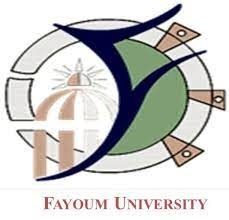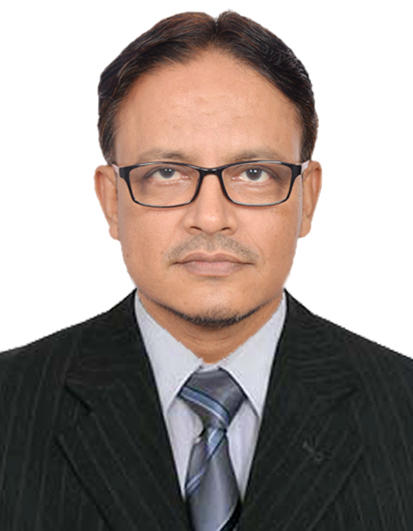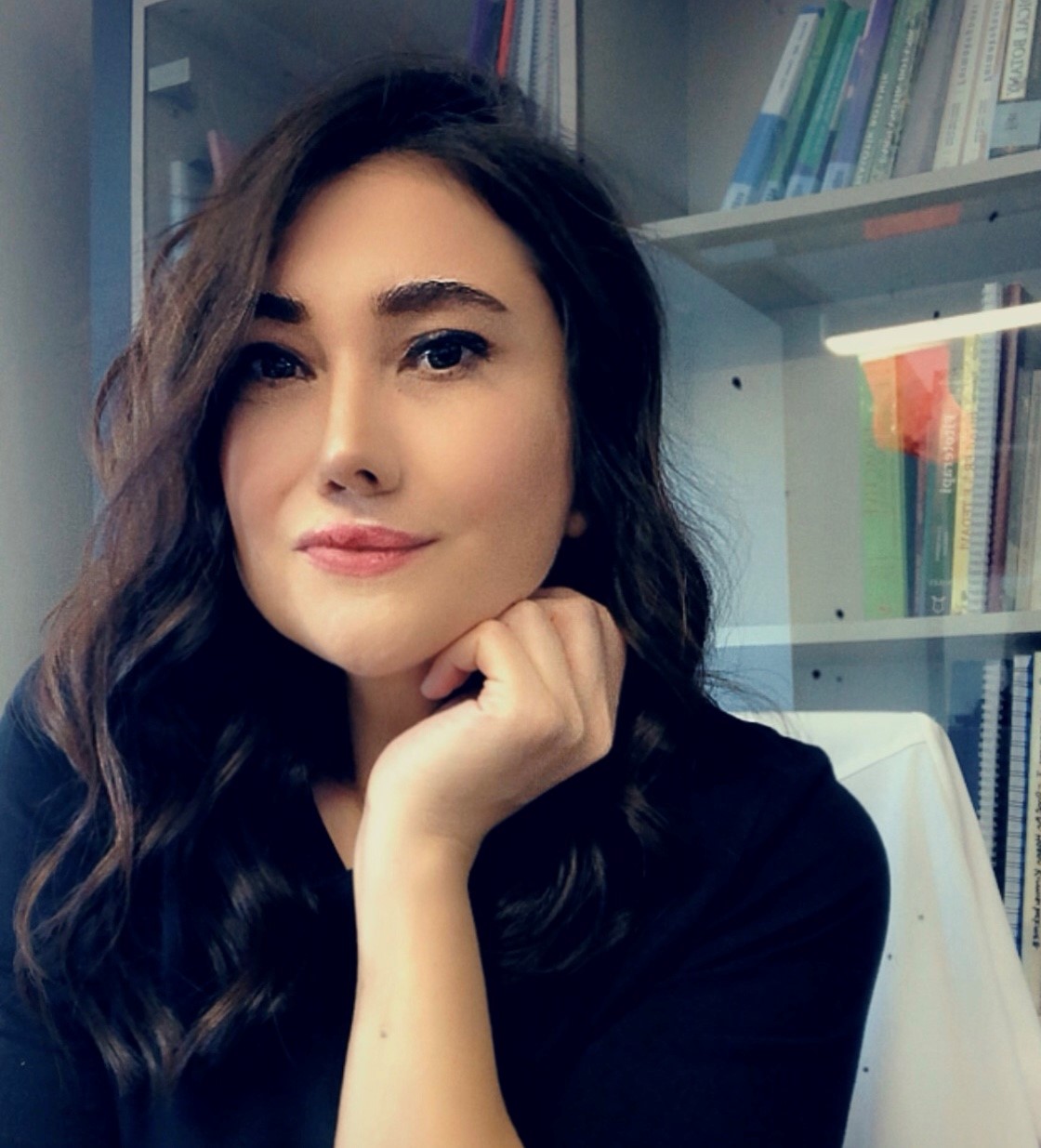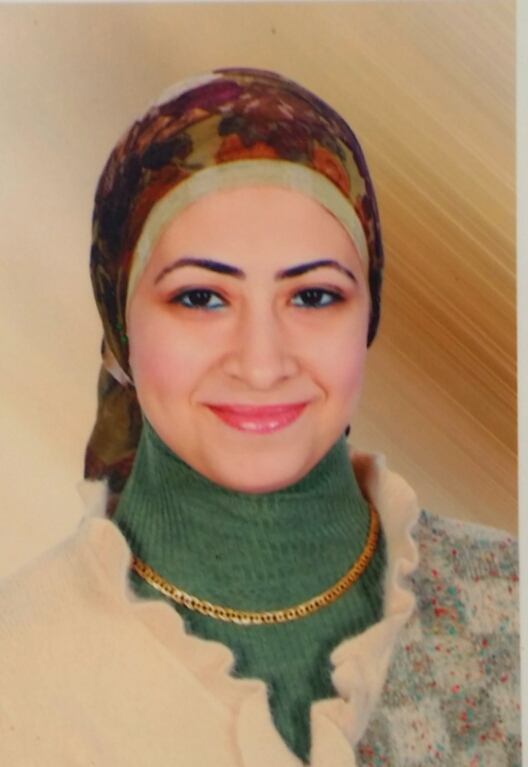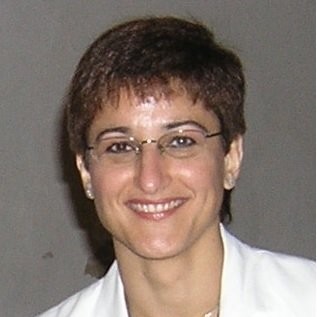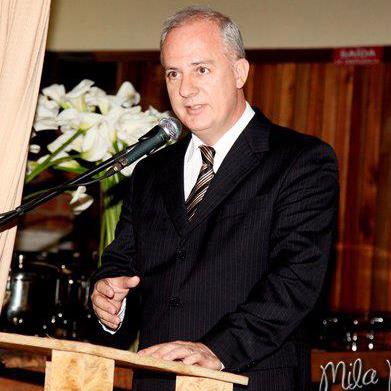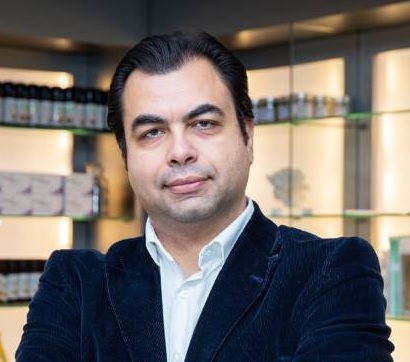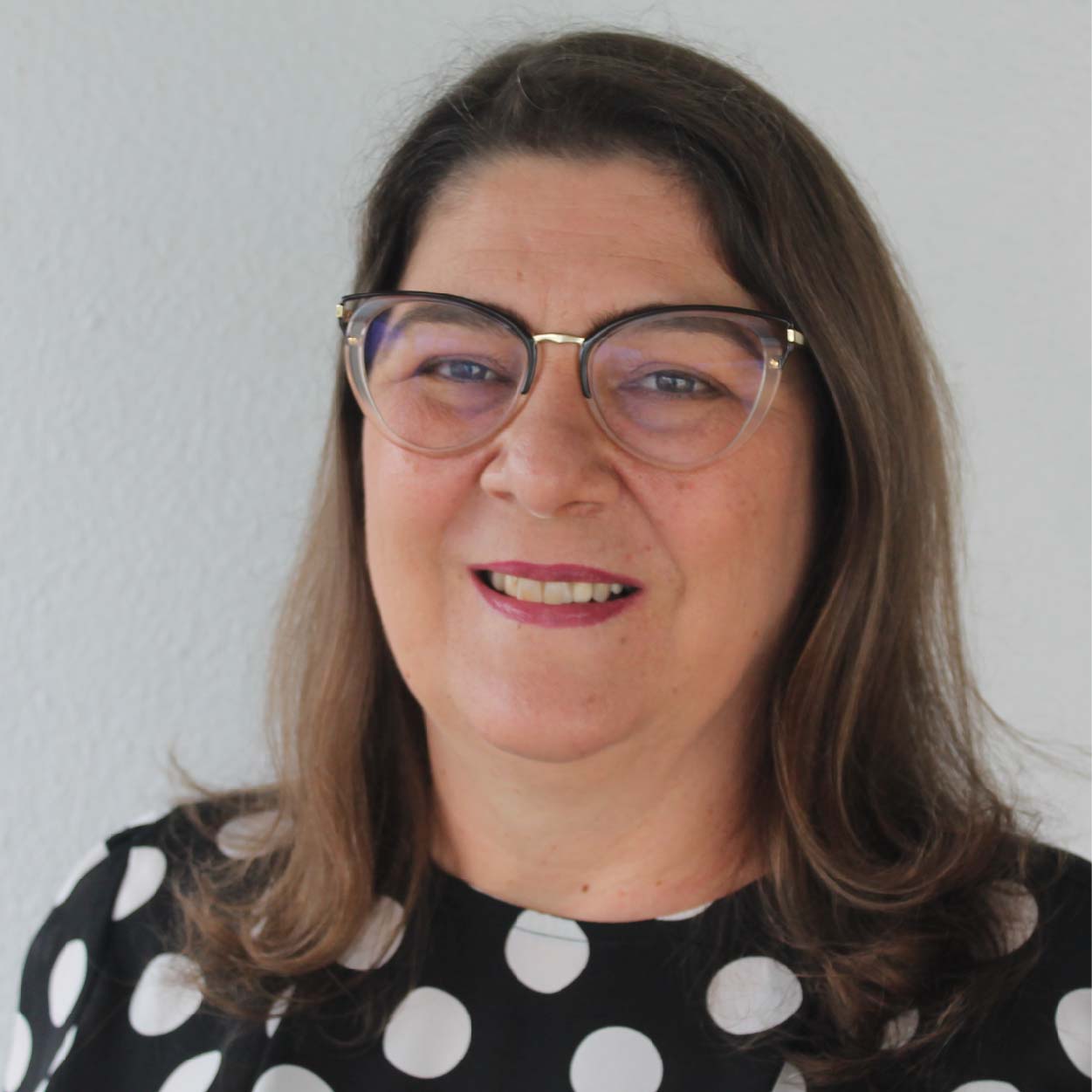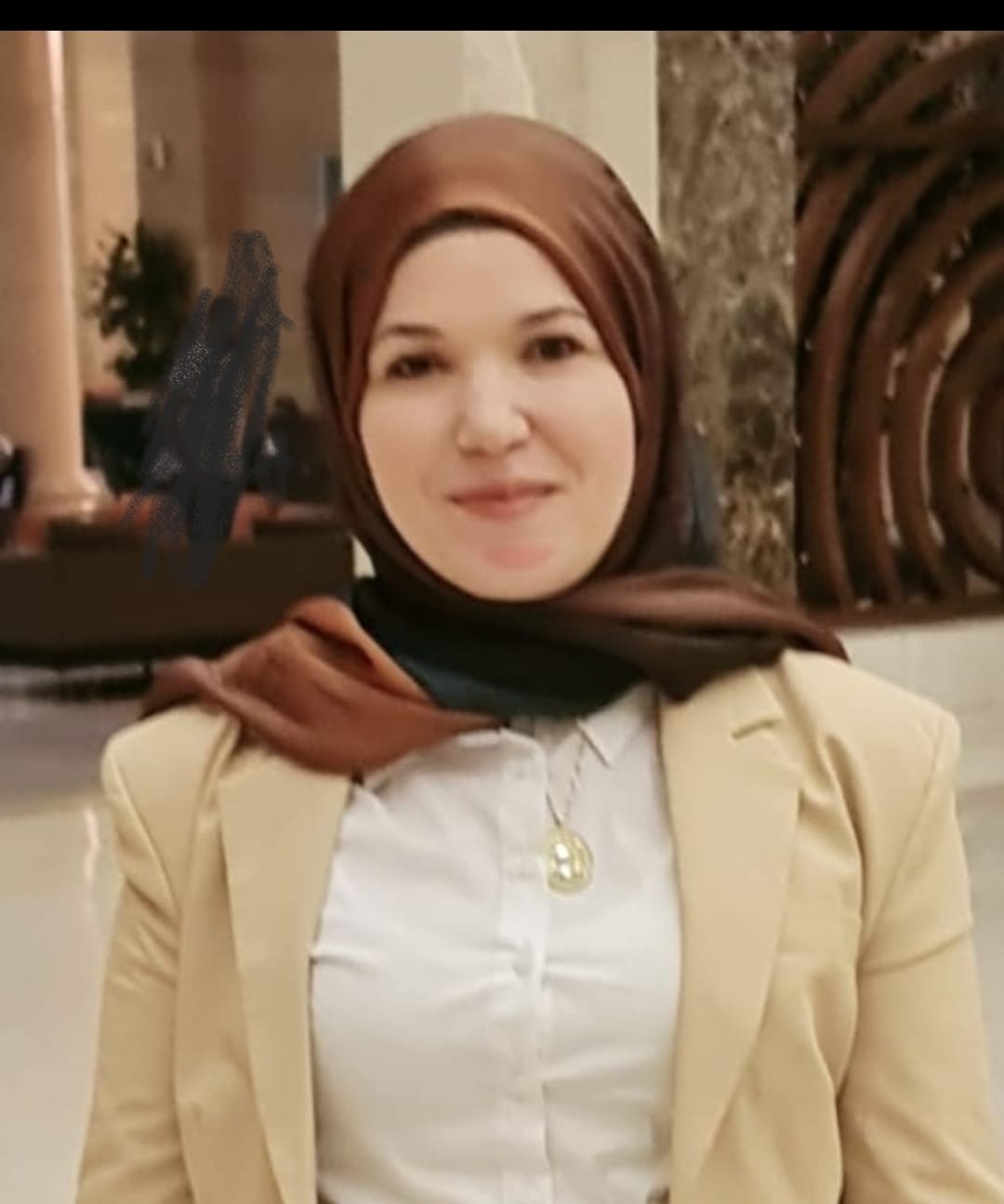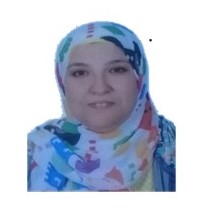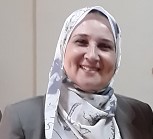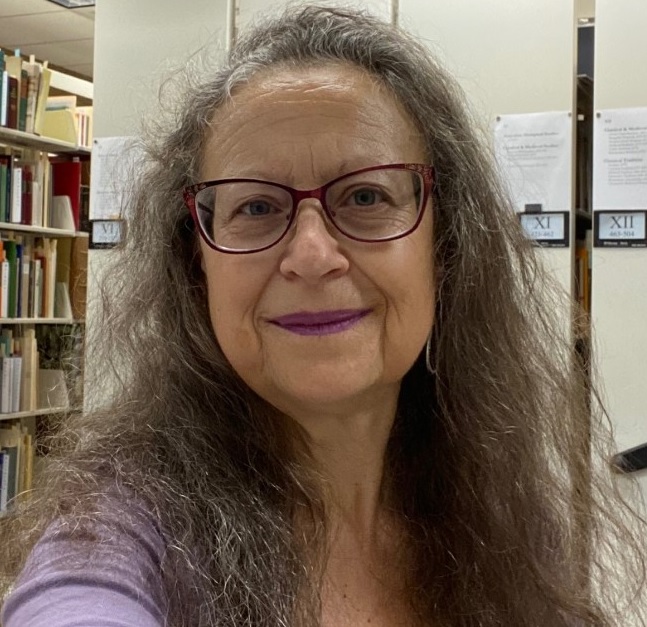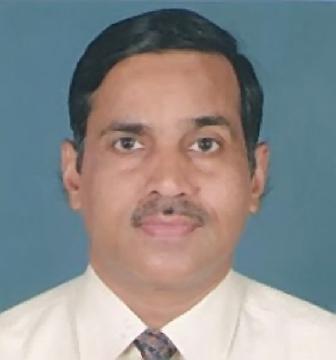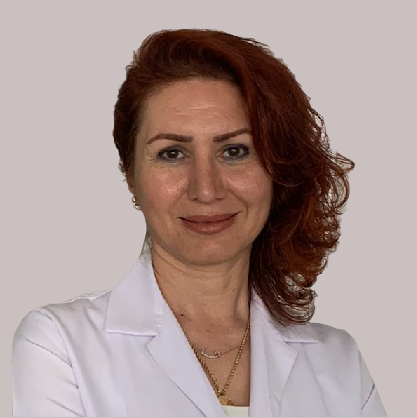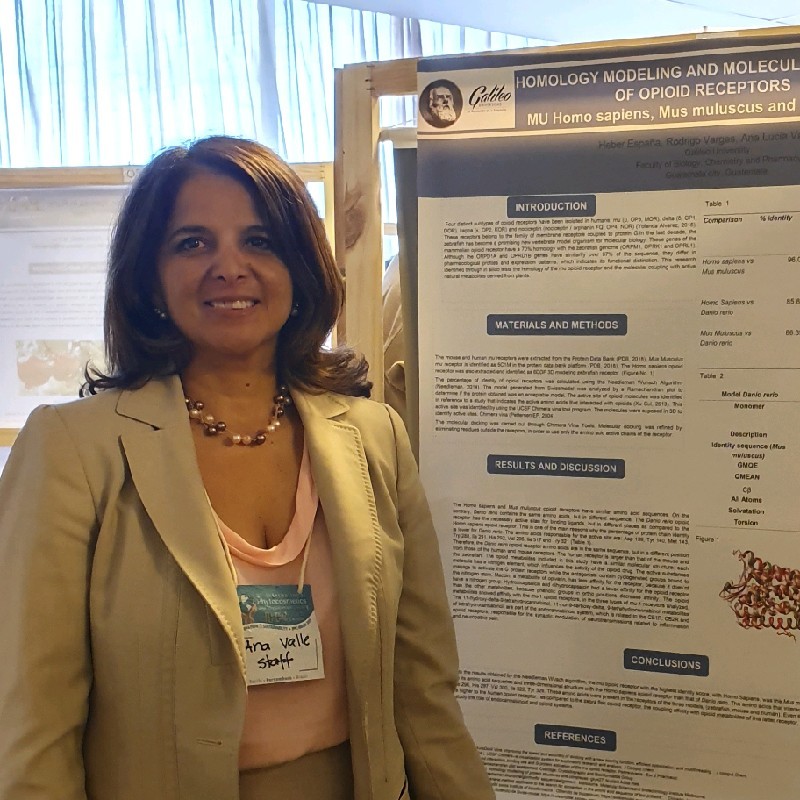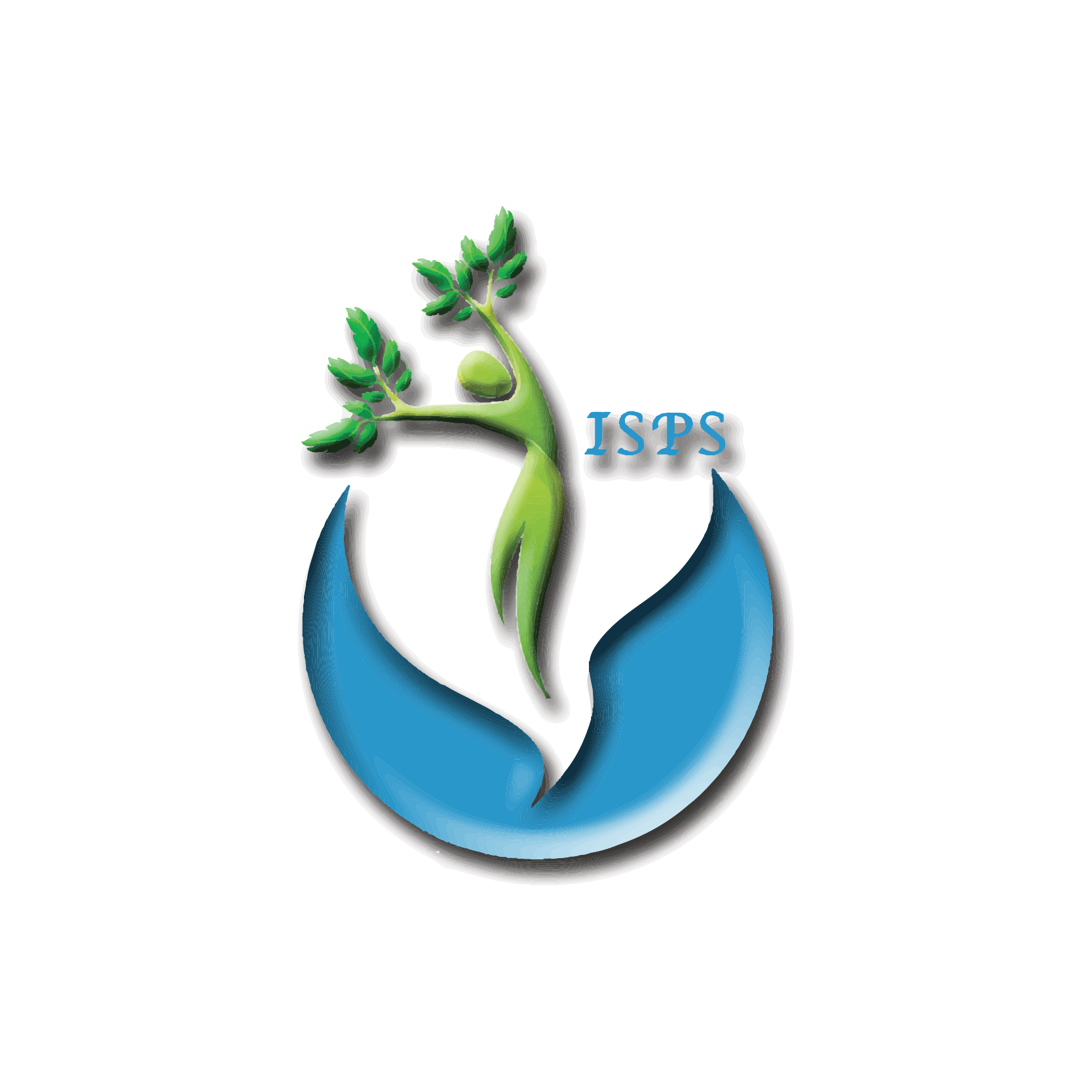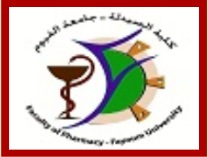IPPC Egypt 2022
Congress
Key Speakers
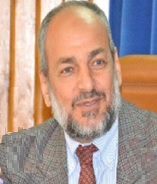
Farid Badria

Meselhy Ragab Meselhy
Egypt
Research, Development and Production of Natural Products
Workshop
Presenter

Iffet Irem Tatli Cankaya
ABOUT THE SPEAKER
Prof. Dr. İffet İrem Tatlı Çankaya graduated from Hacettepe University, Faculty of Pharmacy in 1996, and completed her doctorate in 2004. She made a research for her doctorate and post-doctorate studies at the University of Mississippi, NCNPR and Faculty of Pharmacy, at the University of Lille-2, Faculty of Pharmaceutical Sciences, at Lublin Medical University, Department of Inorganic Chemistry, and at the Department of Biological Sciences in the University of Alabama, ABD.
She focuses on ethnobotanical, phytochemical, and biological activity studies of medicinal plants. She has over 85 articles and 11 book chapters. She is an expert on Homeopathy Working Group of European Pharmacopoeia in Strasbourg and serves as Turkey Representative (EDQM-HOM).
She takes part in the commissions of The Ministry of Health, Turkish Medicines, and Medical Devices Agency. She is a member of the Hacettepe University Ethics Committee for Cosmetic Clinical Research Studies.
She has been the Head of the Department of Pharmaceutical Botany, and a Vice Dean of the Faculty of Pharmacy.
DURING THE WEBINAR THE SPEAKER WILL BE DISCUSSING THE FOLLOWING:
Plants are one of the most precious natural resources bestowed upon humanity. There are approximately 450,000 plant species in the world and as human beings get to know plants better, they have begun to benefit from their therapeutic properties effectively. As a result, phytotherapy emerged. However, plants used for medicinal purposes since ancient times have started to be replaced by conventional drugs with the development of the chemical industry, and the use of plants has begun to decline due to the inability to provide the dose and sustainability, which is one of the important points in the modern treatment concept. Today, in many countries of the world, herbs are widely used as food supplements or traditional herbal medicinal products. In European Union countries, herbal products are considered herbal medicine, adhere to quality, efficacy, and safety criteria like other preparations, and are sold in pharmacies as prescriptions or over-the-counter preparations. In the European Pharmacopoeia, herbal medicinal products are defined as oral medicinal products prepared in a suitable pharmaceutical form and in a certain dose, the active ingredients of which consist of one or more herbal drugs or a combination of herbal drug preparations. Standardization is the most important concept at this point. The dose-response relationship of medicinal herbal products is necessary for the continuity and safety of its effect, and it is the process of adjusting the medicinal herbal extract over the active ingredient and/or components in the herbal drug. Before starting the production of herbal medicinal products; It is necessary to control the starting materials (herbal drug or herbal drug preparations) and excipients. The European Medicines Agency (EMA) has published guidelines on this subject. Along with this, internationally accepted standards such as GAP (Good Agricultural Practices), GMP (Good Manufacturing Practices), and GLP (Good Laboratory Practices) and their control mechanisms are the basic standardization mechanisms in the quality control phase of herbal medicine production, as well as on the way from medicinal plant to herbal medicinal products.
